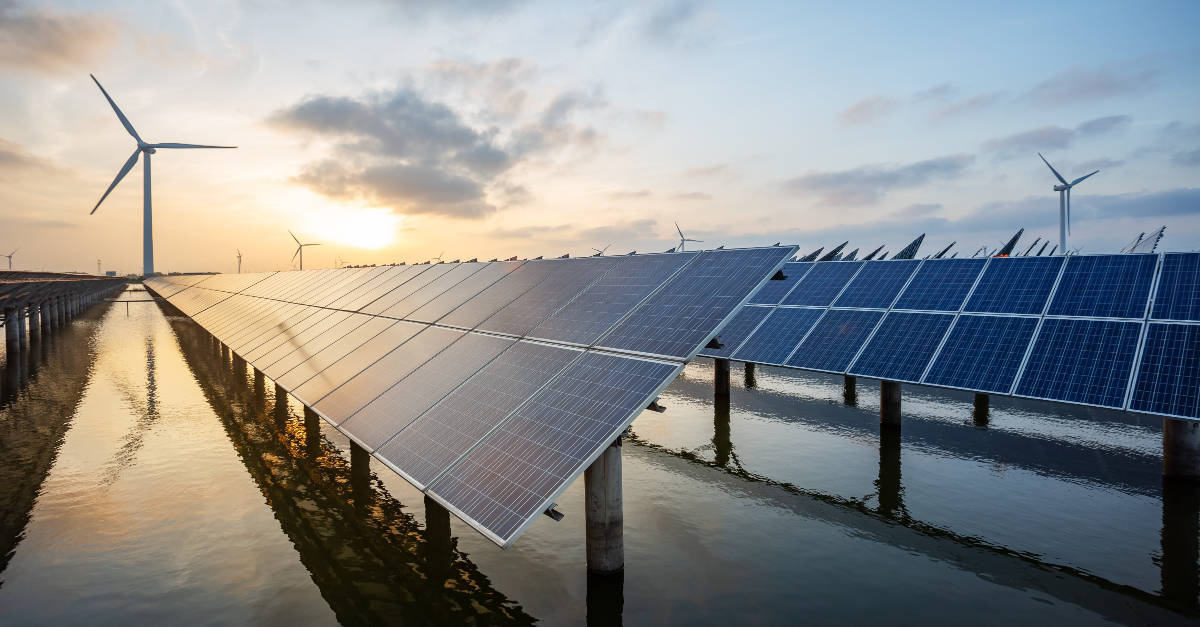In the pursuit of a sustainable and cleaner energy future, solar energy has emerged as a powerful contender, challenging the dominance of conventional energy resources. The exponential growth of solar energy in recent years has sparked a transformative shift in the global energy landscape. In this article, we explore the reasons behind the remarkable rise of renewable solar energy consultants and compare its growth trajectory with conventional energy resources.
Unprecedented Growth of Solar Energy
Solar energy has witnessed unprecedented growth, driven by technological advancements, declining costs, and increasing awareness of environmental concerns. The solar industry has experienced a rapid proliferation of photovoltaic (PV) installations, both in utility-scale solar farms and distributed solar systems on rooftops.
Cost Competitiveness
One of the driving forces behind the growth of solar energy is the substantial reduction in the cost of solar technologies. Over the past decade, the cost of solar panels has plummeted, making solar energy increasingly competitive with conventional sources such as coal and natural gas. This cost-effectiveness has fuelled a surge in solar installations globally.
Environmental Benefit
Solar energy is hailed for its environmental benefits, offering a clean and renewable alternative to fossil fuels. Unlike conventional energy resources that contribute to air pollution and greenhouse gas emissions, solar energy generation produces minimal environmental impact, helping to mitigate climate change and reduce dependence on finite resources.
Technological Advancements
Continuous innovations in solar technology have significantly enhanced the efficiency and reliability of solar panels. Improved manufacturing processes, better materials, and breakthroughs in energy storage technologies have all contributed to making solar energy a more viable and attractive option for both residential and industrial applications.
Government Incentives and Policies
Many governments around the world have recognized the importance of transitioning to renewable energy sources. Incentive programs, tax credits, and favourable policies have been implemented to encourage the adoption of solar energy. These initiatives have played a pivotal role in driving investment and fostering a conducive environment for solar growth.
Decentralized Nature of Solar Energy
Solar energy systems can be deployed at various scales, from small-scale residential installations to large-scale utility projects. This decentralized nature allows for greater flexibility in energy generation and distribution, empowering individuals, businesses, and communities to take control of their energy production.
Job Creation and Economic Growth
The solar industry has become a major contributor to job creation and economic growth. The surge in solar installations has led to the establishment of new manufacturing facilities, installation companies, and maintenance services, providing employment opportunities and stimulating economic development.
Reliability and Resilience
Solar energy systems are known for their reliability and resilience. As technology continues to improve, the durability and performance of solar panels have increased, making them a dependable source of energy. This reliability is particularly valuable in regions prone to natural disasters, where solar energy can serve as a resilient power source.
Comparison with Conventional Energy Resources
Environmental Impact
Solar energy stands out for its minimal environmental impact, producing clean energy without emitting pollutants or greenhouse gases. In contrast, conventional energy resources, such as coal and natural gas, contribute significantly to air pollution, water contamination, and climate change.
Renewability
Solar energy is a renewable resource, harnessing energy from the sun, which is practically limitless. Conventional energy resources, including fossil fuels, are finite and non-renewable, leading to concerns about future energy security.
Cost Dynamics
While the initial investment in solar infrastructure can be substantial, the ongoing operational costs are relatively low. Conventional energy resources may have lower upfront costs, but their long-term operational and environmental costs can be significantly higher.
Energy Independence
Solar energy contributes to greater energy independence as it relies on a decentralized model, allowing communities and individuals to generate their own power. Conventional energy sources, often centralized and controlled by a few entities, may raise concerns about energy security and dependence on external sources.
The growth of solar energy represents a monumental shift towards a more sustainable and resilient energy future. The convergence of technological innovation, cost competitiveness, and environmental consciousness has propelled solar energy to the forefront of the global energy transition. While conventional energy resources continue to play a significant role, the momentum behind solar energy suggests a transformative shift that holds promise for a cleaner, more sustainable, and renewable energy landscape. As solar technology continues to advance and economies of scale are realized, the sun seems poised to play an increasingly vital role in powering our world.










